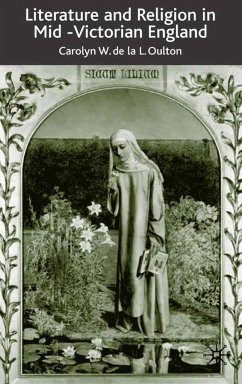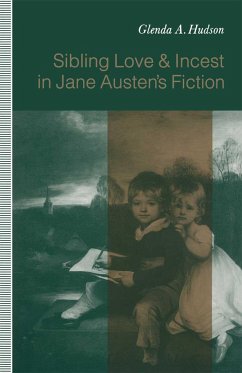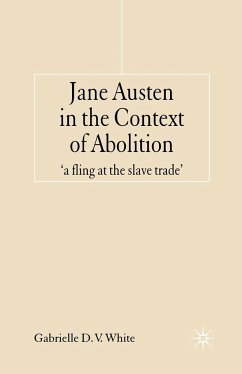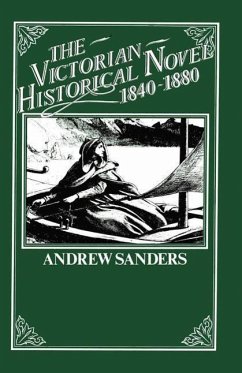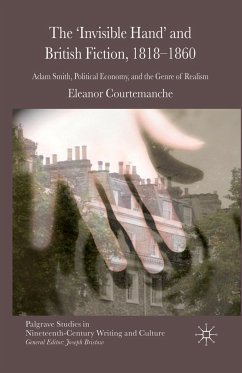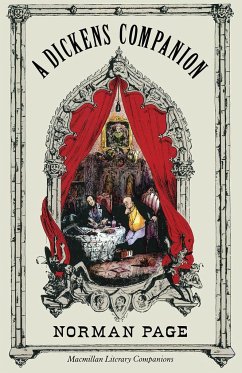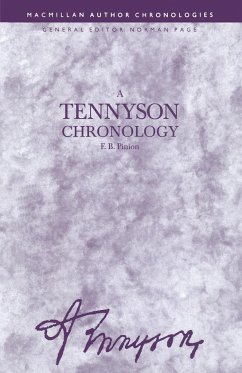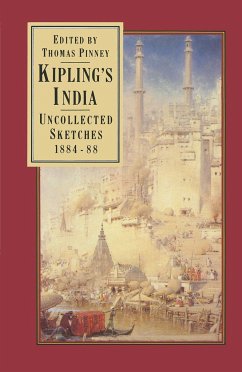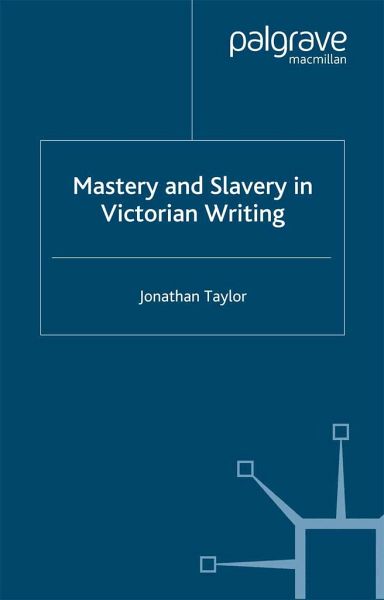
Mastery and Slavery in Victorian Writing

PAYBACK Punkte
19 °P sammeln!
Taking Hegel's famous " Master-Slave Dialectic " as its starting point, this wide-ranging book examines portrayals of masters, slaves and servants in works by Carlyle, Dickens, Eliot, Collins and others. The questions raised about modern mastery and slavery are pursued in relation to intriguing nineteenth-century figures as the American slave-holder, the musician, the demagogue and the Jew.





